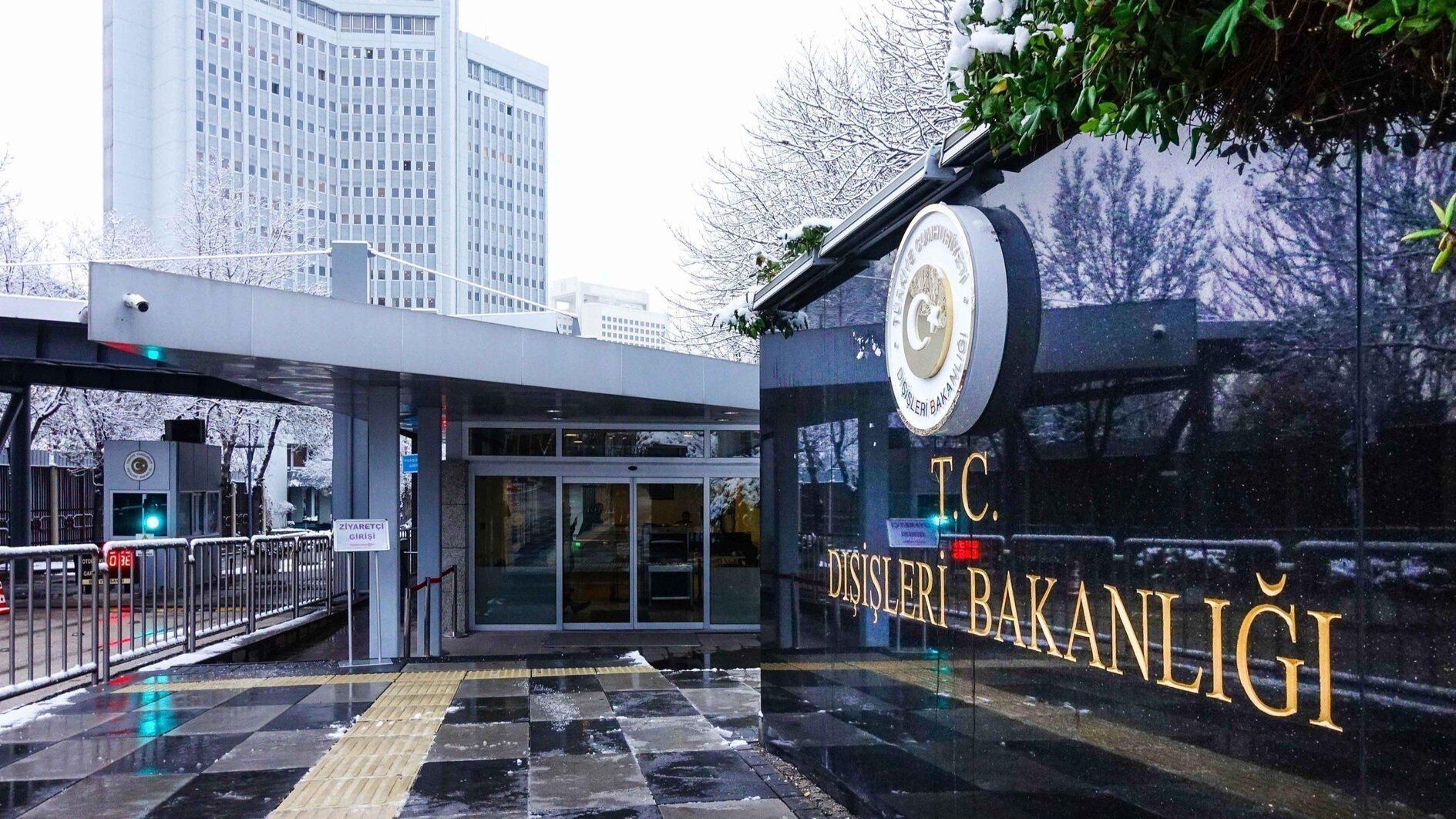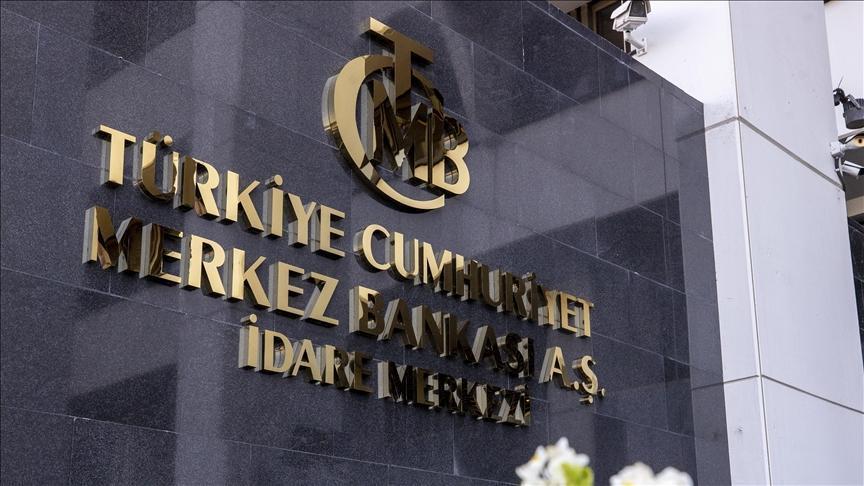We need a debate on secularism in Turkey
Parliament Speaker İsmail Kahraman sparked controversy last week after suggesting that secularism should not be included in Turkey’s new constitution, as this is a Muslim country. Both the president and the prime minister quickly denounced his remarks as his “personal views,” ensuring that no debate on secularism takes place. But in fact there is a debate on secularism going on in Turkey, and I wish the ruling party would not shy away from an open and honest debate on this controversial issue.
From the very beginning of the republican regime, there has always been controversy on the principle of secularism, even after religious conservatives were suppressed and excluded from politics in the early stages of republican rule. Since then, it has almost become a matter of hypocrisy on behalf of conservatives to insist on not openly challenging secularism. Most Islamists chose to express their discontent in indirect ways.
Unfortunately, hypocrisy is not the only result of limits on freedom of speech. Worse is the fact that secularist suppression of free debate ended up protecting critics of secularism from having their views questioned. What’s more, the legal ban on an open debate about secularism only enforced the idea that conservatives and then Islamists were the only guardians of religion against “alienated secular elites.”
The suppression of open debate paradoxically gave conservatives and Islamists the chance to keep holding their convictions unchallenged. They never needed to explain their alternative to secularism. Was it an Islamic state? If so, what sort of Islamic state? Do conservatives really mean what they say when they say a “Muslim country” should be ruled by “Muslim laws”? Do Islamist women really prefer Islamic jurisprudence over secular laws? What kind of Islamist state model do the Islamists have in mind?
In fact, neither conservatives nor moderate Islamists in Turkey - nor their counterparts in other Muslim countries - seem to have ever elaborated on such issues. The radicals’ understanding of politics is clear: A Salafi-authoritarian state, like the Taliban on the one hand or the Saudi Arabia model on the other. What about the so-called moderates like our ruling party, the Muslim Brotherhood, and even Rached Ghannouchi in Tunisia? Why are they so eager on democracy when their understanding of it is just limited to majority rule? Why do they denounce secularism as a “Western product,” but also say they are keen on democracy, which is also a “Western product.” Indeed, why “majority rule” anyway? After all, religious values have nothing to do with majority convictions.
It would be good to discuss all these issues with our Islamist ruling party members and their supporters. So why do they refrain from engaging in a sincere debate in the absence of “secularist suppression” in today’s Turkey. Perhaps it reflects a kind of “fear of freedom.” Until today, Islamists have based their politics on resentment, hostility and denial of modern secular politics and society, rather than contemplating serious matters like the relation between religion and politics in modern and post-modern times. Until now, they have survived the crisis in Muslim counties by pointing the finger of blame at modernity, the West, and Westernized elites, and thus get away with shallow “reactionaryism” in all fronts. They have got used to simply condemning all criticism and questioning of their views as “anti-religion” (and, these days, Islamophobia).
The confusion of theology and politics on behalf of their critics has helped them reach this point. In fact, the debate on secularism should not be considered as a matter of belief, but rather as an understanding of politics. The question is simple: Will Islamists tolerate other views and lifestyles or not? Do they believe the state should be the embodiment of religion and a tool to control society in the name of religion or not?
Turkey’s Islamists still refrain from having an open debate even when they are in power, as they are afraid of being challenged. That is why, this time, in the absence of secularist supression of the debate, they themselves felt the need to drop the topic.











